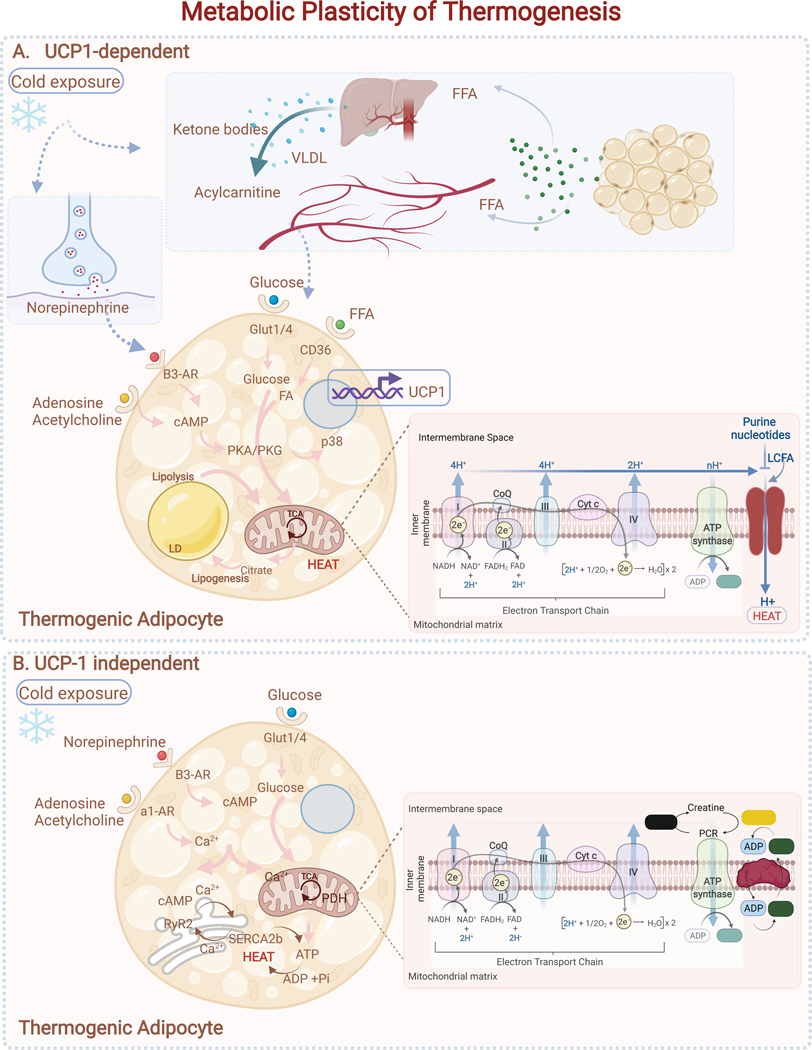Figure 4. Metabolic Plasticity of Thermogenesis.
(A) UCP-1 dependent: Cold exposure or adrenergic stimulation increases cAMP levels, driving activation of PKA/PKG signaling and lipolysis. P38MAPK (p38) in turn promotes activation of transcriptional regulators that drive mitochondrial biogenesis and expression of thermogenic genes (Ucp1, Cidea, Dio2). When activated, UCP1 drives proton leak in the mitochondria, leading to uncoupling of mitochondrial respiration from ATP synthesis and driving greater consumption of fuels (e.g., glucose and free fatty acids (FFA)). FFA secreted by WAT also drives hepatic production of acylcarnitines and ketones to help fuel thermogenesis.(B) UCP1-independent: beige thermogenic cells use Ca2+ futile cycling through the SERCA2b-RyR2 pathway in the endoplasmic reticulum (ER) to produce heat during cold exposure. Creatine cycling in the mitochondria is an additional mechanism to produce heat independent of UCP1. UCP-1 independent pathways require glycolysis and mitochondrial ATP-synthesis to provide fuel for futile cycling.

